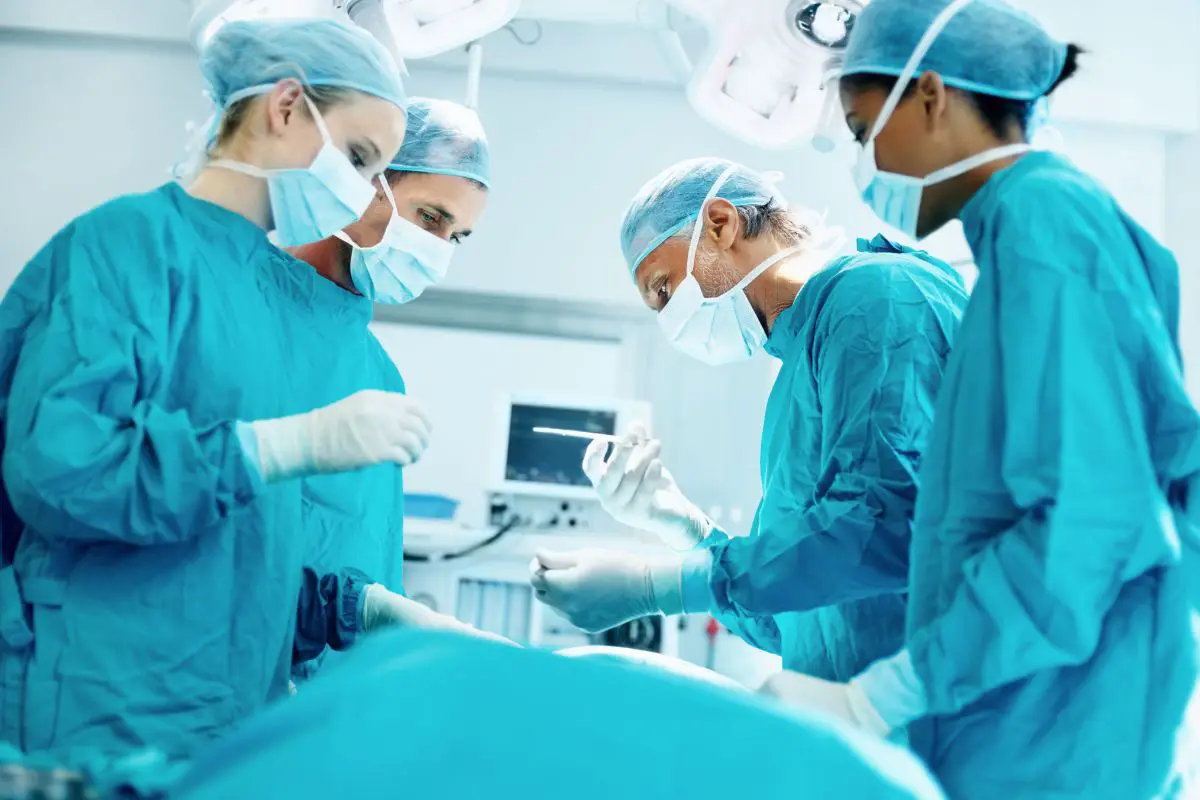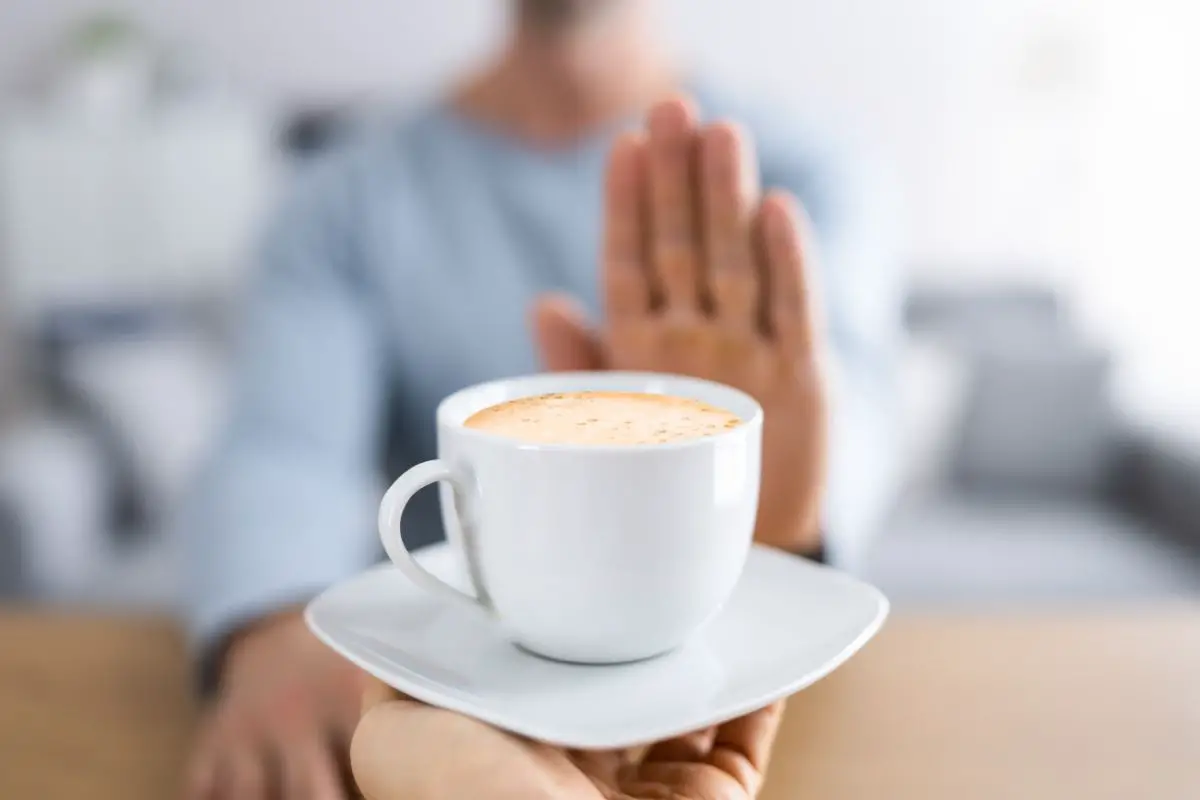Are you preparing for surgery? You may be anxious about it, wondering what to do to avoid surgery complications.
If you are a coffee addict, the nagging question on your mind is probably, “when will you be allowed to drink your favorite cup of coffee.” And that’s understandable.

Coffee is addictive. If you are used to taking more than three cups of this caffeine-rich beverage in a day, you may experience withdrawal symptoms such as headaches if you don’t take it.
So when facing surgery, it’s natural to worry that missing out on your daily cup of coffee will lead to you suffering headaches, irritation, and shakes during the procedure.
Why do doctors prohibit people from taking coffee before surgery? Here is some helpful information.
Doctors Opinion on Coffee and Surgery
Although you may feel like doctors will keep you from having your favorite coffee brew before surgery, it’s not the case.
The only thing you are advised not to do before surgery is to eat food. Doctors advise that you fast for 12 hours before surgery to avoid complications.
Most doctors do not prohibit people going in for surgery from taking fluid if they are clear fluids. These are fluids without additives, such as sugar and milk in them. Some examples are tea, coffee, and apple juice.
That means you’ll find instances where taking a coke is prohibited, while drinking a sprite is not. And when it comes to coffee, taking black coffee is allowed, while drinking a latte is not.
This is because doctors interpret clear fluids as drinks without any particles in them. So adding sugar or powdered creamer to coffee puts it on the list of prohibited beverages.
The Reason we Fast Before Surgery
The practice of doctors prohibiting patients from taking food or drinks before surgery originated from research by Curtis Mendelson done in 1946.
This research was on why some women had experiences where the contents in their stomachs traveled into their lungs while giving birth. These were women who gave birth while sedated.
Mendelson discovered that food matter traveled up from the stomach and into the lungs during surgery. That was because patients were under anesthesia, and their throat reflexes were inhibited at that time. This exposed them to asphyxiation and pulmonary pneumonia.
That research by Mendelson marked the beginning of a tradition of doctors asking patients to fast before surgery.
Despite this fact, it’s good to note that some doctors give people a bit of leeway to consume beverages but avoid foods for eight hours before surgery.
This is because food takes up to 8 hours to leave the body, while fluids such as coffee and tea take two hours or less. That’s why some doctors allow you to take fluids 2 hours before surgery but prohibit food intake.
Why Should you Avoid Coffee Before Surgery?

While consuming coffee at least two hours before surgery is generally allowed, some doctors feel it’s unsafe. Despite this fact, many patients consume clear fluids like tea, coffee, and juices before surgery, making sure they do it at least two hours before.
Although coffee is unlikely to harm you if you take it without sugar or milk two hours before surgery, it exposes you to several risks. These are;
- Its dehydrating properties because surgery makes you quite thirsty, and drinking coffee before having it may worsen these effects.
- Its ability to cause caffeine jitters which can lead to irritability before surgery, interfering with your chances of having a successful procedure.
- The risks of caffeine interfering with the efficacy of anesthesia by causing nervousness and insomnia, which prevents patients from relaxing during surgery.
- The fact that caffeine causes heart palpitations which can endanger people suffering from heart problems during surgery.
Conclusion
Now you know what happens if you drink coffee before surgery. It’s generally not safe because it exposes you to too many risks.
If you must drink something, take beverages like Gatorade or fruit juices that can hydrate your body and provide it with vitamins and minerals to strengthen you during the surgery.
These fluids are also better at keeping patients from suffering insulin resistance during surgery, jeopardizing their chances of getting out in one piece. They can also reduce the nausea that patients suffer after surgery.
And don’t worry about withdrawal symptoms if you take coffee every day. Most doctors allow patients to have coffee an hour or two after surgery.
Related Article: